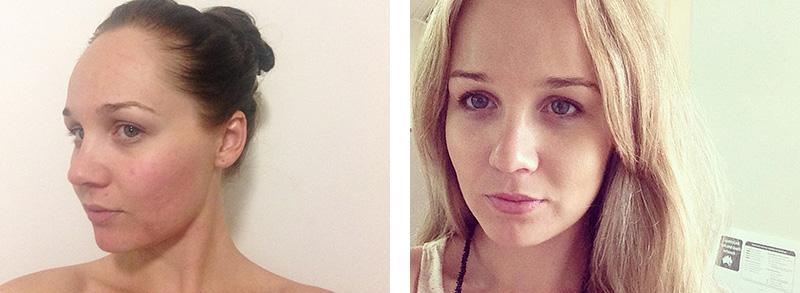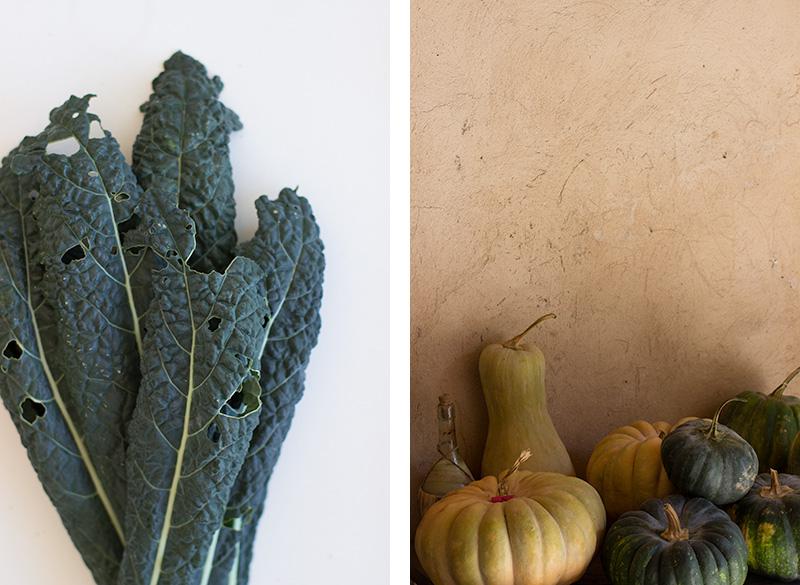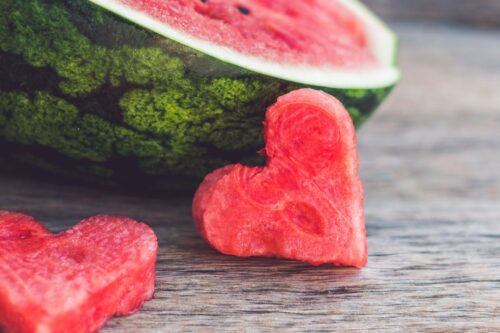We often do not think about our skin as anything beyond its superficial surface. However, our skin (referred to as the integumentary system) is the largest organ in our body. The integumentary system has a plethora of roles outside of housing organs and keeping everything together as such. These roles include regulating of our body temperature, protection from the external environment, cutaneous sensation (sensing touch and feel), synthesis of vitamin D, providing a reservoir as such for blood and finally the elimination and excretion of waste. With so many important roles to play, it is no wonder that if our skin does not receive the necessary love and tender care and nutritional building blocks to support all this activity, then these processes can go array.
So how does the food we eat relate to the health of our skin? The cause of skin ailments is most commonly due to a lack of vital nutrients necessary for its day-to-day functions. It is easy to forget that our skin is a complex organ that depends on blood flow and the supply of nutrients necessary to aid its daily tasks. If we are not supplying ourselves with a nutritious and balanced intake of food, then the flow on effect will be seen in the health of our skin. After all, our skin like any part of our bodily functions can only do so much without all the necessary tools in the toolbox.
However, what if you generally eat a healthy diet, yet continually struggling with the quality and vitality of your skin? Here lays the understanding of your body as an interrelated web or organic systems. Your skin does not work alone; it has many co-workers important to its successful functionality. This includes the digestive system (inclusive of the liver), kidneys, lymphatic system and of course our endocrine system (your hormones).
Problematic function and burden on these other systems of the body can encroach strongly on the skin. For example, if your digestive system is a mess, and you struggle with constant bloating and/or bowel concerns, then your generally day-to-day absorption of nutrients will be compromised. There will be a markedly high prevalence of digestive inflammation, which causes disarray for not only absorption of nutrients, but a build up of inflammatory bad guys. These inflammatory by-products over burden your digestive system along with the next port of call, your liver, lymphatics and kidneys. When your body is overburdened with the wrong types of foods for its individulised needs (commonly seen with food intolerances), this inflammatory load as such puts increased pressure on the elimination and excretion of waste through all elimination organs, inclusive of the skin.

Your liver, lymphatics and kidneys are used to being dealt the tougher hand. Part of their job is to clean up the mess, toxins from a few too many vino’s for instance. Yet with all this increased inflammation going on things can get a little bit ugly. Think of understaffed cleaners trying to keep on top of the toilets at Suncorp Stadium during a big match. Chaos is assured. Bins overflow, toilet paper runs out. It’s just not pretty. So too is this extra load on your elimination organs. And where does this overflow go? Those extra by products and toxins not cleaned up by the elimination organs are left to roam about looking for another exit, your skin.
Of course we are not talking about the difference between life and death here, its your skin. However, it is a great gauge of what is going on internally, and often a fantastic representation to nutritionists such as myself as to the internal going ons of the wonderful world that is your digestive system and hormones. Please don’t read this and think that just because you have some spots or acne that you’re a walking toxic zombie ready to implode with inflammation. This is meant to be informative for you, it’s not about getting your knickers in a knot.
As you can imagine, a dietary intake rich in nutrients that support the liver’s detoxification process, lymphatics and hormones generally ensures that toxins are broken down and eliminated without burdening the skin. Conversely, a dietary intake lacking essential nutrients necessary for such processes will leave the body unable to eliminate toxins through its normal pathways, and therefore creating a reliance on the skin for excretion.
There are of course stand out nutrients that support skin health (and wholefoods that are rich in these) such as Zinc, vitamin D, vitamin A and omega fatty acids that will have an overall boosting effect for skin health and vitality. However, as you can appreciate given the above, there is often more to the story than just eating more pumpkin seeds for their zinc. If your skin is giving you serious grief then getting the core driver of the problem identified and sorted is always the best avenue to follow.
Combating skin conditions from the inside out with nutrition is treating the cause of the problem. Rectifying issues with poor diet, food intolerances and allergies, along with the adverse effects of over burdened elimination organs will help effectively maintain the health of your skin. Furthermore, not only does sorting out your nutrition in relation to your skin help you take charge of your skin problems, it also sees you achieve a greater quality of health and vitality. After all, we are addressing the direct cause of the problem, therefore allowing the skin to heal, repair and shine from the inside out.
Interested in more? Check out Lahnee’s journey with the JCN clinic and her skin tranformations, or contact us at the JNC clinic for additonal information.
Jessica Cox is a qualified practicing Nutritionist with a Bachelor Health Science (Nutrition) and over 15 years of clinical experience. She is the founder and director JCN Clinic, published author and established recipe developer. Jessica is well respected within health and wellness space for her no fad approach and use of evidence-based nutrition.







Jess i’d love to know if you have any idea from a nutritional perspective if diet can cause dark circles under the eyes? I’ve read that it could be a sign of an allergy.
Hi Kathleen. Yes, definitely it can be effected by nutritional status. It is often a sign of either iron deficiency, adrenal fatigue or food intolerances and allergies. I see clients with darkness under the eyes a lot that shifts once their diet is sorted out inclusive of food intolerances and digestive health.
Thank you! I do have low iron, hopefully it will clear up once my levels are normal. If not, i’ll look further into food intolerances.